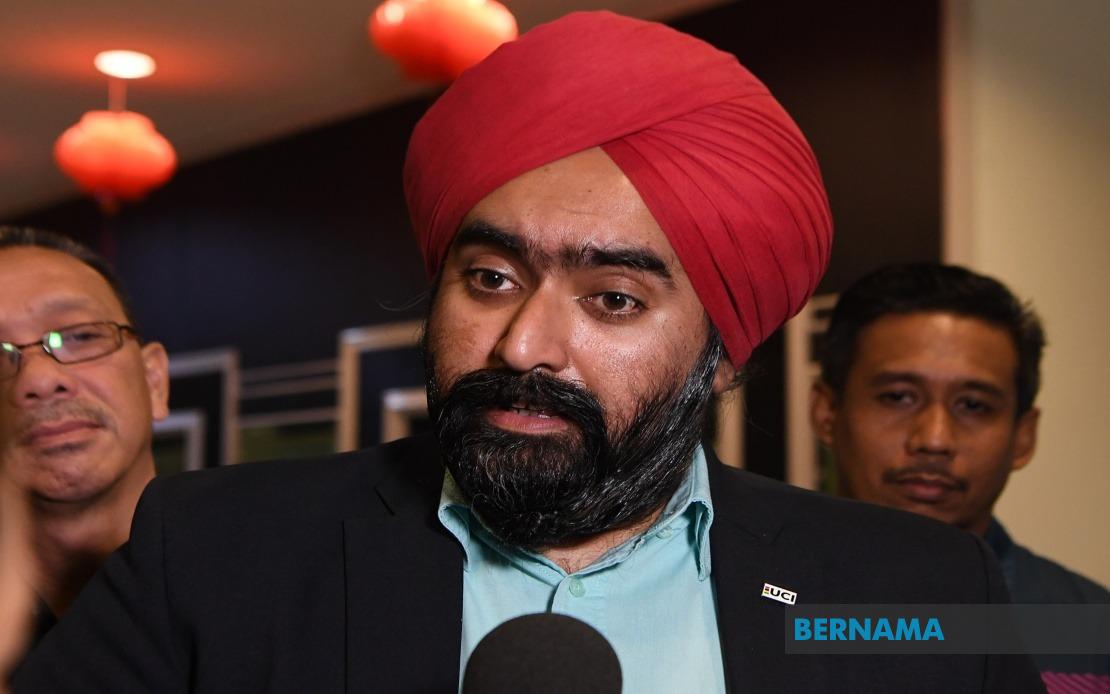Tokyo Games still facing concerns 1 week before start

TOKYO, July 16 -- With Friday marking one week until the opening ceremony of the Tokyo Olympic Games, Japan is still grappling with questions over the management of the event as the highly transmissible delta variant fuels a resurgence of novel coronavirus infections.
Despite the steady stream of Olympic participants entering Japan since earlier this month, issues over the country's infection-testing and the management of athletes' movement remain, and coronavirus infection cases have already begun to surface.
On Thursday, the daily number of people newly found positive for the novel coronavirus in Tokyo topped 1,300 for the first time in about six months, Jiji Press reported.
"We're most concerned about an infection cluster happening in the athletes village," a tournament source said. "It's possible that it may occur."
The village was opened on Tuesday.
Participants are required to submit a plan for their activities in Japan based on the playbook, a set of guidelines on coronavirus measures for athletes and related officials.
However, a source in the Tokyo Games' organising committee expressed concern, saying that the measures are "not in order."
The management of participants' activities in the first 14 days after entry into Japan is especially important as it is the cornerstone of Japan's infection prevention measures.
The implementation of detailed measures against the virus has been slow, and sports organisations are rushing to take action.
Guidelines for responding to COVID-19 positive cases among athletes for each sport in the Tokyo Games were only recently announced, as special exceptions for soccer and four other team sports, in which players can be replaced for every game, including backup players in case of injury.
The confusion over the games is only expected to increase, with the organising committee slated to negotiate after the tournament with the central and Tokyo metropolitan governments on how to split the costs that were supposed to be paid with the 90-billion-yen revenue from ticket sales. A large portion of the revenue is bound to be lost following the spectator decisions.
As spectators will be banned at 97 per cent of venues for which tickets have been sold, the organisers are also being forced to deal with making changes to how volunteers, medical staff and security personnel should be assigned to work during the games.
-- BERNAMA




